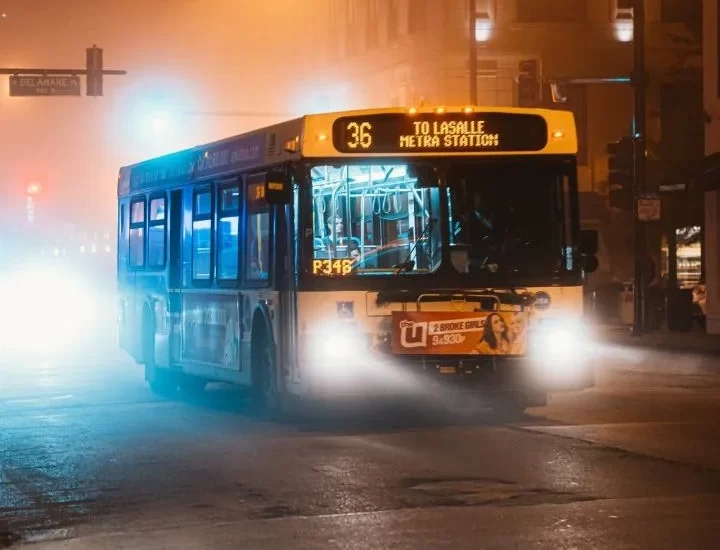Hours of Service Regulations for Las Vegas Bus Drivers

Bus drivers are faced with strenuous, tedious driving day in, day out, leading to a disproportionately high rate of drowsy bus drivers causing Las Vegas bus accidents. In response to this epidemic of impaired and fatigued operators, the Federal Motor Carrier Safety Administration (FMCSA) enforces what is known as hours of service regulations, or in simpler words, limitations on the amount of driving and requirements for the minimum amount of sleep every bus driver engages in.
Hour Limitations for Bus Drivers
To facilitate more appropriate shifts and ensure that drivers get enough sleep, the FMCSA’s hours of service regulations stipulate several requirements for bus drivers, which, uniquely, differ from the normal limitations that cargo trucks are subject to. These limits can be summed up as follows:
- At most, bus drivers may only drive for ten hours a day and/ or per shift, and will only be able to resume driving after 8 consecutive hours off duty.
- Once bus drivers start a shift, a 15-hour timer begins, which continues to tick down regardless of whether they’re working or off-duty from then on. After those 15 hours conclude, a bus driver is no longer permitted to drive until they’re off-duty for 8 consecutive hours.
- Regardless of how much they’ve been driving, bus drivers have a hard cap on the number of hours they can work during a week. Within a seven-day period, this limit bars operators from driving after 60 hours on duty, or after 70 hours on duty within an eight-day period.
- Unlike truckers, bus drivers don’t generally have to take mandated breaks into account, though some company policies may differ.
Although some exceptions do exist to allow bus drivers to extend their driving time, such as during unexpected bad weather or short, local trips, hours of service regulations are quite strict. To facilitate the enforcement of these regulations and recognize drowsy drivers, most buses must be fitted with electronic logging devices, allowing investigators to accurately check exactly how many hours a bus driver was on-shift as well as the time spent driving during that period.
Drowsy Driving Bus Accidents in Las Vegas
If you’ve been hurt in a Las Vegas bus accident due to the negligence of a drowsy bus driver, you deserve extensive compensation for your damages. The unique dangers of bus accidents demand extreme caution and responsibility from bus operators, meaning that you can almost assuredly pin liability on a bus driver or, at times, the company employing them, if they make the reckless decision to drive despite their fatigue.
Aaron Law Group can help you gather all the evidence you’ll need to prove that drowsy driving occurred, so be sure to give us a call today at (702) 550-1111 to schedule a free consultation with a Nevada bus accident attorney. Public transportation companies are rarely willing to admit liability, meaning that you’ll have to push through extensive legal hurdles and barriers in order to secure appropriate compensation. With a legal professional on your side, you can focus on your personal life and recovery while a lawyer handles the complexities of the claims process on your behalf, allowing you to reach a favorable outcome as quickly and as easily as possible.